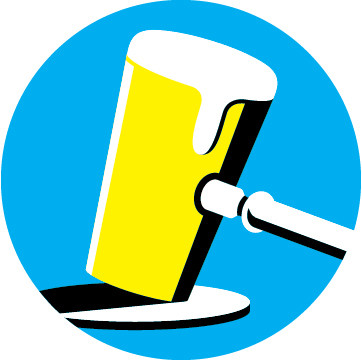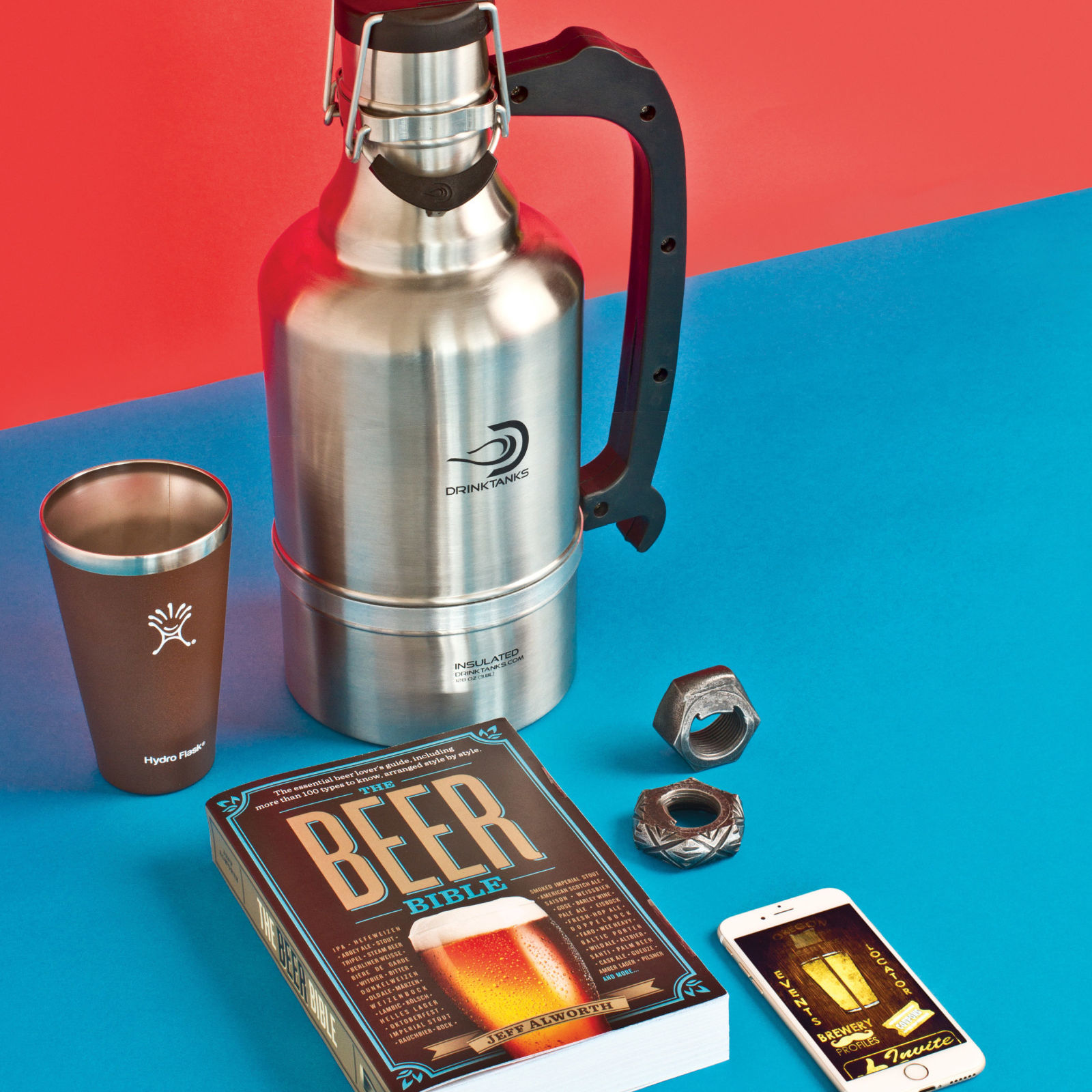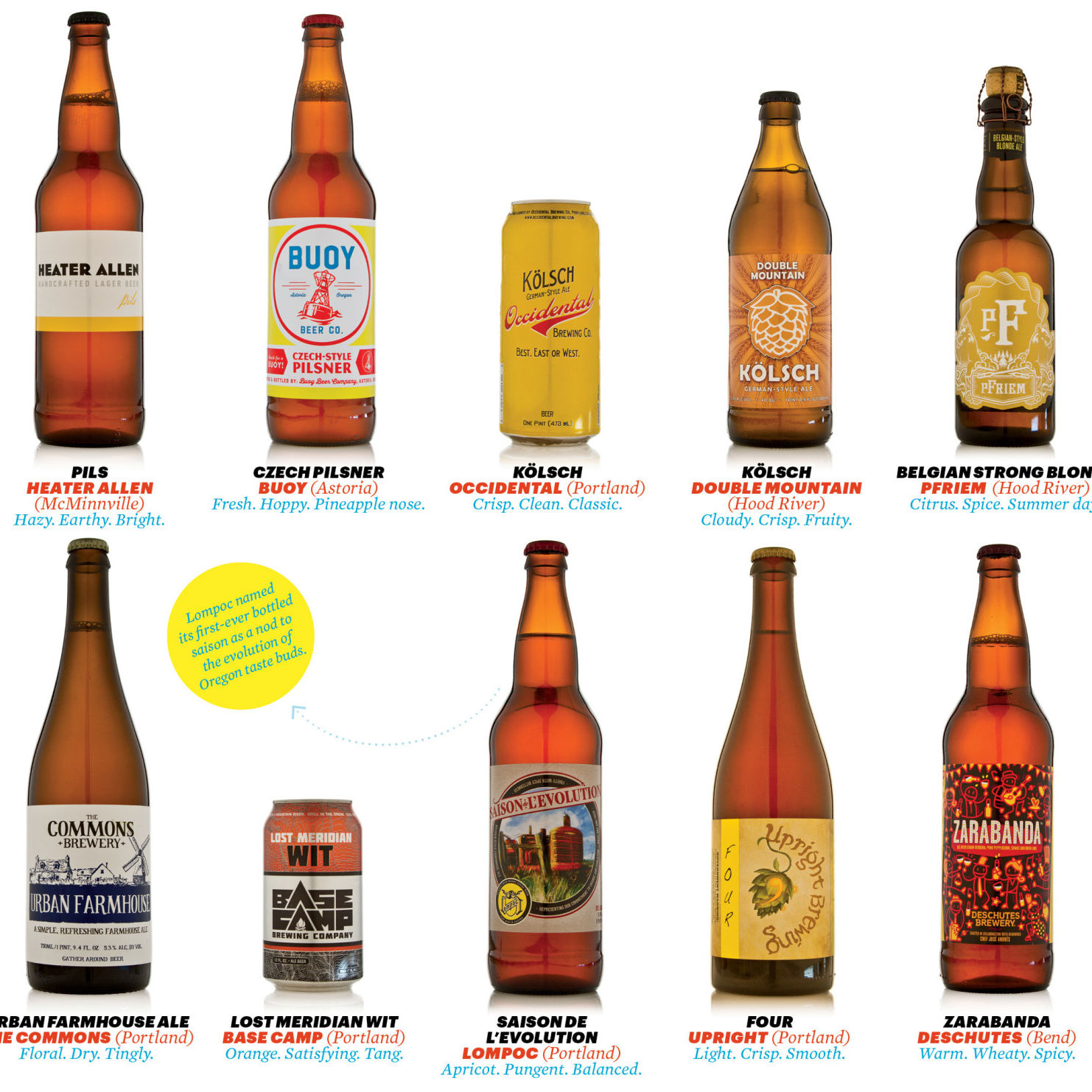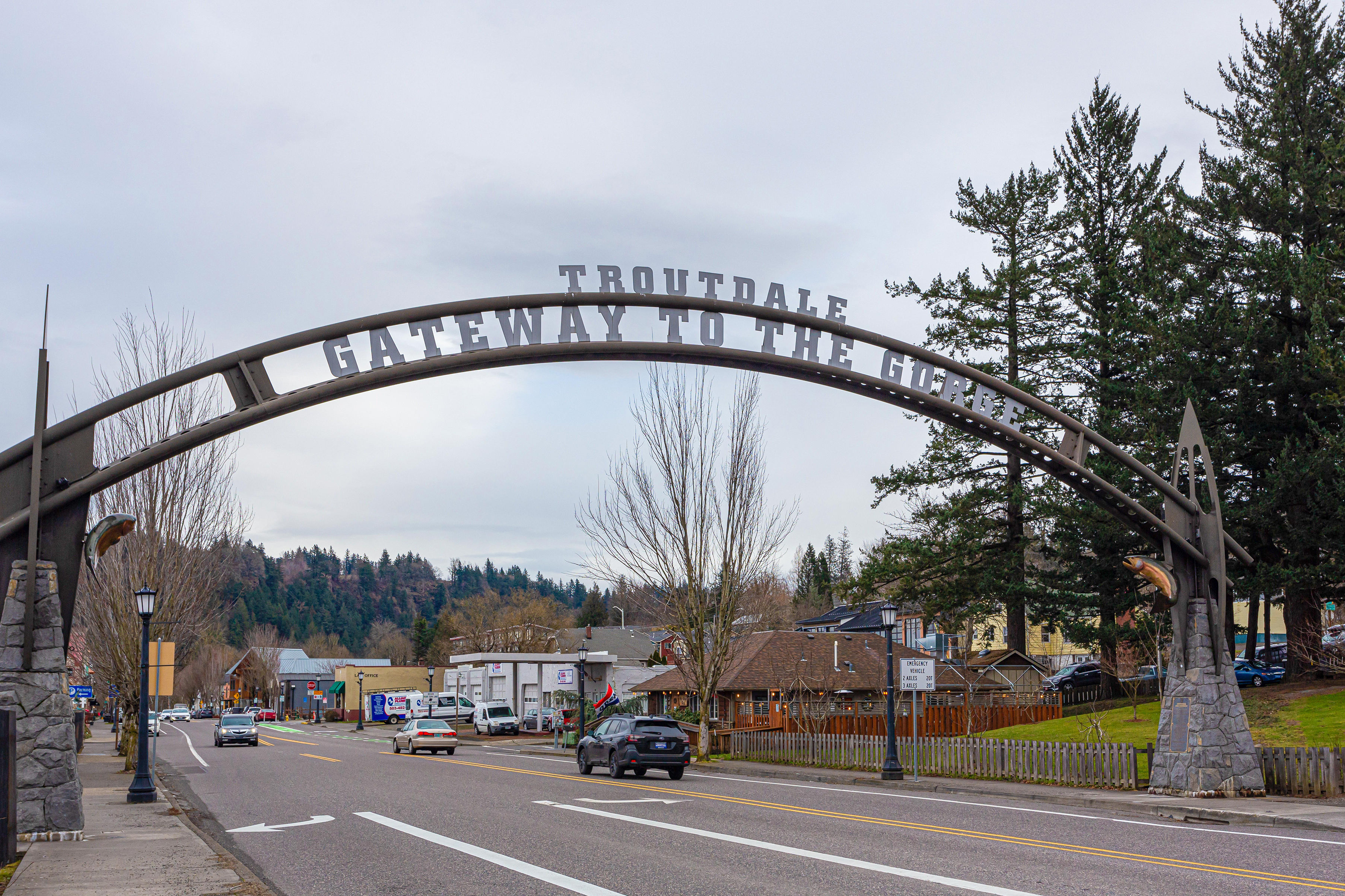The Law that Changed Oregon's Beer Culture Forever

Image: Matt Chase
It’s a pillar of modern Oregon life: you go to a brewery, you order some food, you slug back a few house pints. But it wasn’t always so. Before 1985, brewpubs were illegal in Oregon. The state’s post-Prohibition laws dictated that alcohol manufacture and retail could not happen on the same premises. Breweries had to convince third-party bars and restaurants to add their taps before the public could actually drink their beer, making it nearly impossible to win over new customers.
“There wasn’t much of an industry before 1985,” remembers Kurt Widmer, cofounder of Widmer Brothers Brewing. “We had to do our own distribution out of our dad’s 1970 pickup truck.”
In late 1984, a determined group of new brewers including Widmer and his brother Rob decided to take a crack at changing the odds. The Widmers teamed up with allies like Mike and Brian McMenamin, Dick and Nancy Ponzi of (then brand-new) BridgePort Brewing, and Art Larrance, Fred Bowman, and Jim Goodwin, the soon-to-be founders of Portland Brewing. Their goal: legalize the brewpub, a place where breweries could both make and sell their own beer, an idea that was already the norm overseas but mostly untried in the United States.
Memories of the specifics are hazy, but, according to one story, Larrance pitched the brewpub idea to state Rep. Tom Mason in the showers of the Multnomah Athletic Club. At first, this impromptu lobbying seemed to work. In early 1985, the House unanimously passed the original “Brewpub Bill,” HB 2284.
Everything seemed in place for the Senate to pass the bill, too. But on May 9, a senator suddenly moved to table the bill. “We didn’t know what that meant,” Widmer recalls. (It’s a parliamentary move to delay legislation, often forever.) “Someone turned to us and said, ‘Your bill is dead.’” The novices had run into one of Salem’s most powerful vested interests: wholesale beer suppliers who feared the newly created brewpubs would cut into their business. With the end of the legislative session imminent, the brewing partners quickly shifted their approach.
In June, allies in the legislature managed to add brewpub language to two existing bills: one to legalize the sale of packaged unpasteurized beers, another to allow liquor licenses for bed and breakfasts. The first bill failed, but the second bill had already passed both houses and only needed approval from a Senate committee. The final B&B law—SB 813— contained the group’s brewpub bill language. Gov. Vic Atiyeh signed it into law on July 13, 1985.
Within the year, the McMenamin brothers converted their Hillsdale facility into the state’s first modern brewpub. BridgePort followed suit with its brewery on NW Marshall (squarely in what would become the Pearl District). The craft beer revolution had begun.
Editor's note: This article has been revised. The original version described a proposed law legalizing pasteurized beers; in fact, the legislation would have applied to unpasteurized beers. The story has also been revised to reflect individual affiliations and describe the legislative mechanism used to include brewpub legalization in SB 813. Portland Monthly regrets the errors.











